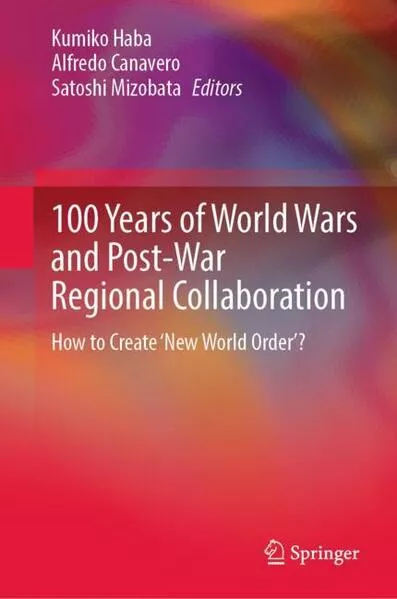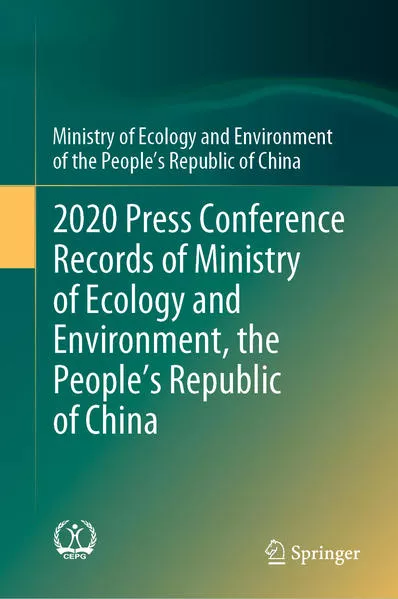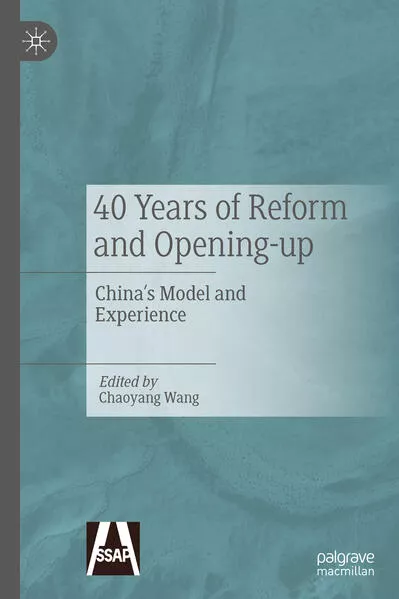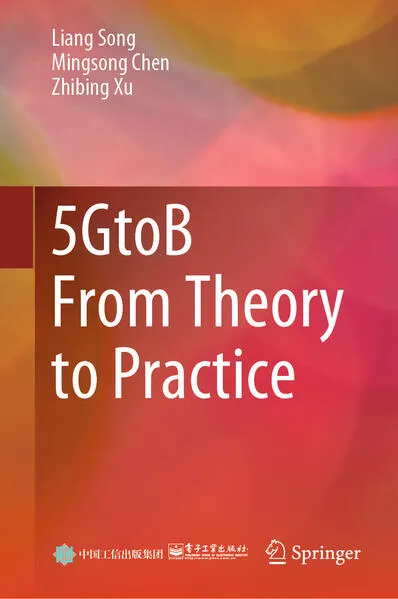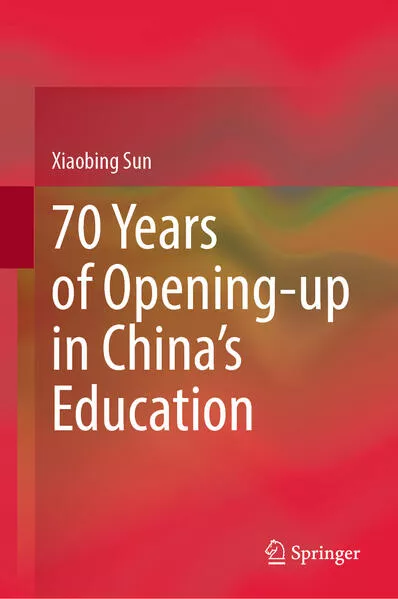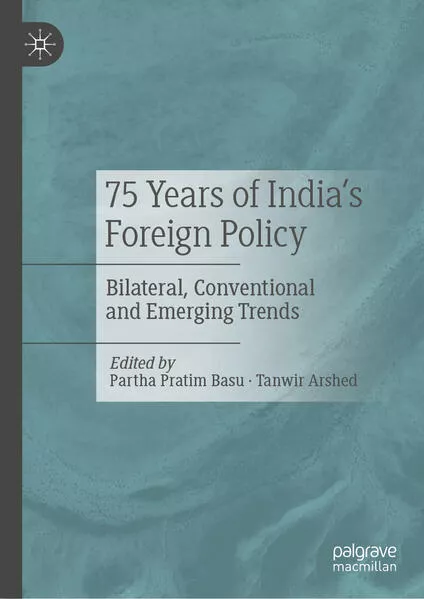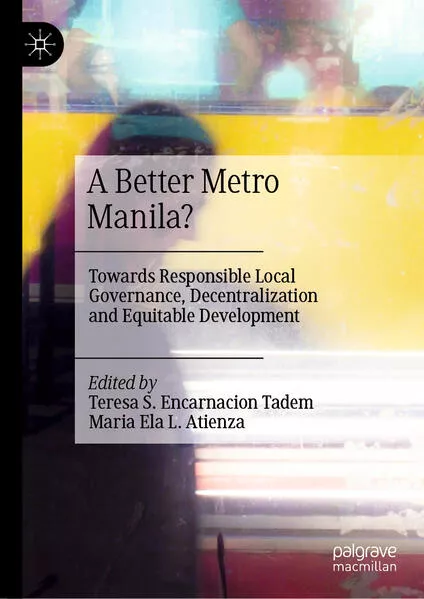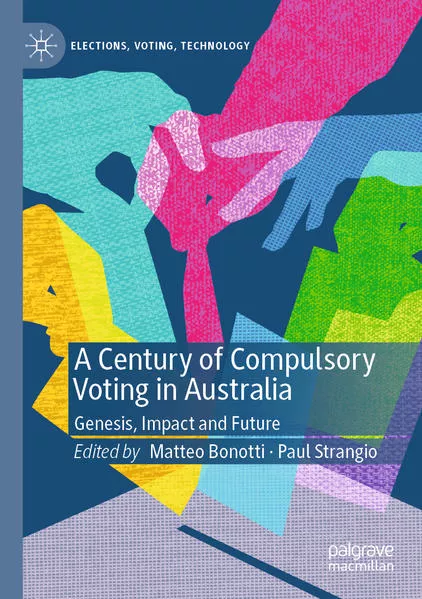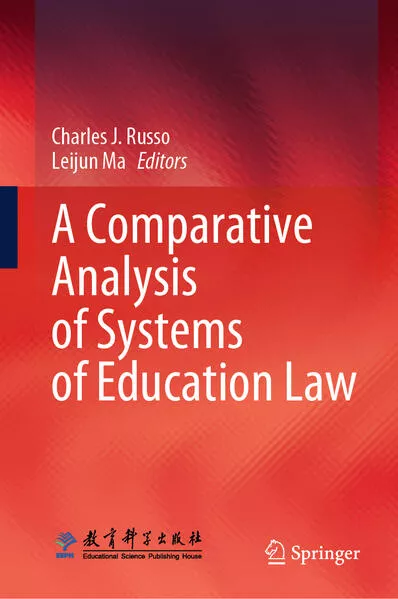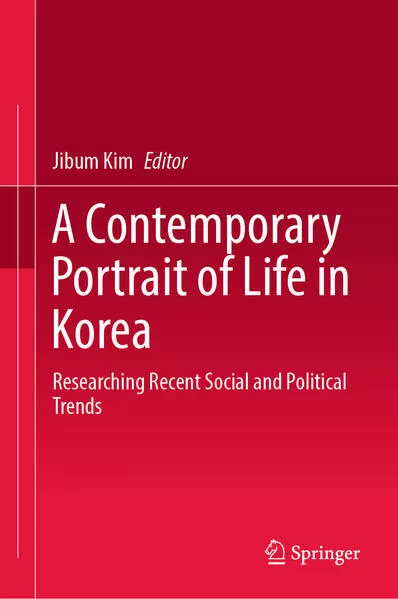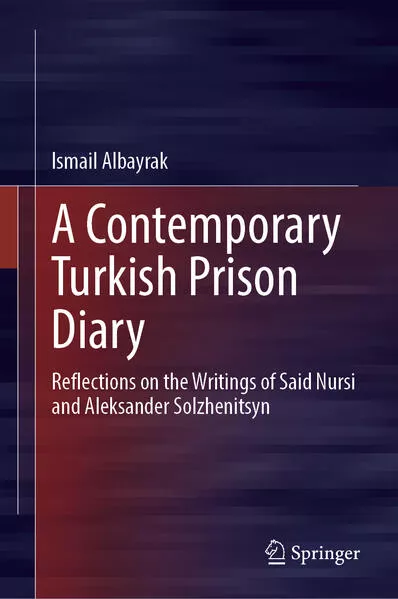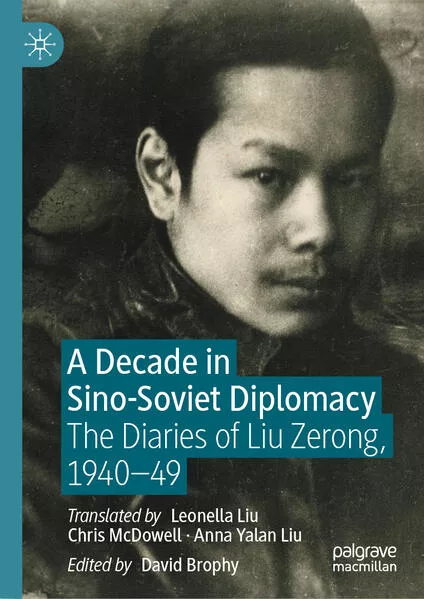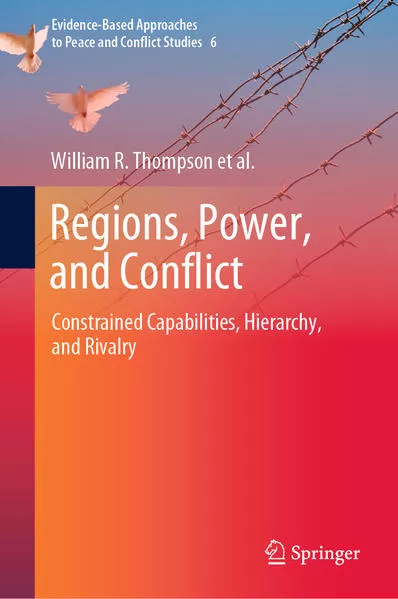
Regions, Power, and Conflict
Constrained Capabilities, Hierarchy, and Rivalry
The three main levels of analysis in international relations have been the systemic, the national, and the individual. A fourth level that falls between the systemic and the national is the region. It is woefully underdeveloped in comparison to the attention afforded the other three. Yet regions tend to be distinctive theaters for international politics. Otherwise, we would not recognize that Middle Eastern interstate politics somehow does not resemble Latin American interstate politics or interstate politics in Southern Africa (although once the Middle East and Southern Africa may have seemed more similar in their mutual fixation with opposition to domestic policies in Israel and South Africa, respectively).
This book, divided into three parts, first makes a case for studying regional politics even though it must also be appreciated that regional boundaries are also hazy and not always easy to pin down empirically. The second part examines power distributions within regions as an important entry point to studying regional similarities and differences. Two emphases are stressed. One is that regional power assessments need to be conditioned by controlling for weak states which are more common in some regions than they are in others. The other emphasis is on regional power hierarchies. Some regions have strong regional hierarchies while others do not. Regions with strong hierarchies operate much differently from those without them in the sense that the former are more pacific than the latter. The third part of the book focuses on regional differences in terms of conflict behavior, order preferences, rivalries, and rivalry termination.
Unterstütze den lokalen Buchhandel
Nutze die PLZ-Suche um einen Buchhändler in Deiner Nähe zu finden.
Bestelle dieses Buch im Internet
| Veröffentlichung: | 17.08.2022 |
| Höhe/Breite/Gewicht | H 23,5 cm / B 15,5 cm / - |
| Seiten | 293 |
| Art des Mediums | Buch [Gebundenes Buch] |
| Preis DE | EUR 139.09 |
| Preis AT | EUR 142.99 |
| Reihe | Evidence-Based Approaches to Peace and Conflict Studies 6 |
| ISBN-13 | 978-9-811-91680-9 |
| ISBN-10 | 9811916802 |
Über den Autor
William R. Thompson is Distinguished Professor and Rogers Chair of Political Science Emeritus at Indiana University and Editor-in-chief of the Oxford Research Encyclopedia of Politics. He is a former President of the International Studies Association and twice Editor-in-Chief of International Studies Quarterly. Recent books include The Oxford Encyclopedia of Empirical International Relations Theory (editor, 2018); Racing to the Top: How Energy Fuels Systemic Leadership in World Politics (co-author, 2019), Shocks and Rivalries in the Middle East and North Africa (co-editor, 2020); Power Concentration in World Politics: The Political Economy of Systemic Leadership, Growth and Conflict (2020); American Global Pre-eminence: The Development and Erosion of Systemic Leadership (2021), and Climate Change in the Middle East & North Africa From Pre-History to the Present: 15,000 Years of Crises, Setbacks, and Adaptation (co-author, 2021).
Kentaro Sakuwa is an associate professor of international politics at the School of International Politics, Economics, and Communication (SIPEC), Aoyama Gakuin University in Tokyo, Japan. He received a Ph.D. in political science from Indiana University, Bloomington in 2015. Prior to joining SIPEC as an assistant professor in April 2017, he was a visiting assistant professor at Valparaiso University in Indiana, USA.
His research focuses on the causes of conflict and peace, especially from the regional, spatial, and network perspectives. Key research questions include why some regions are more peaceful than others, how regime type and international peace coevolve, and how rivalries transform into peaceful relationships.
Diesen Artikel teilen
0 Kommentar zu diesem Buch
.... weitere Publikationen von Springer Singapore
Okkultes Historiendrama über den bedeutendsten Geheimkult der Antike - Spannung, Archäologie, Liebe und Mystery
Bewerbungsfrist bis zum: 17.03.2026





